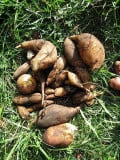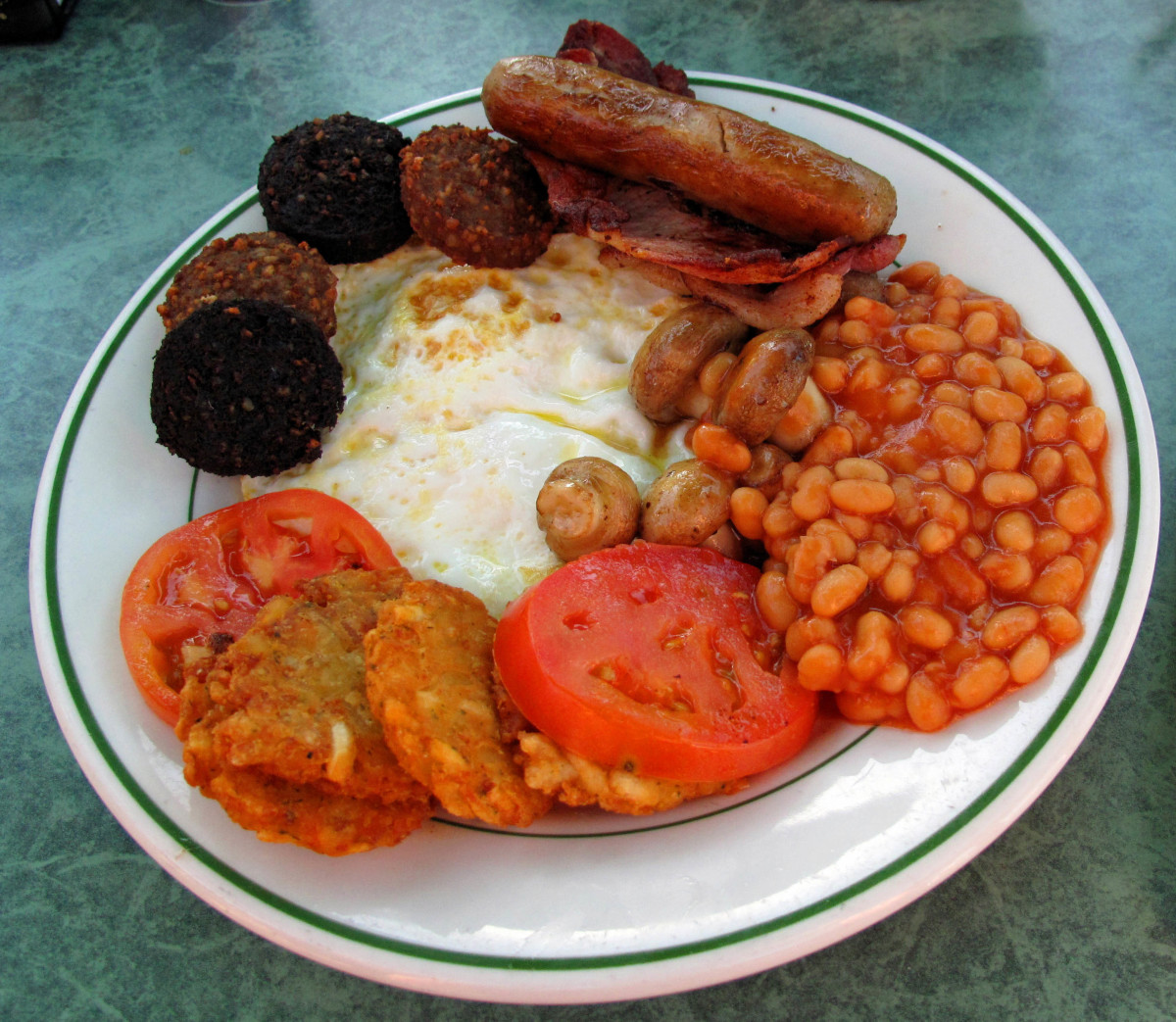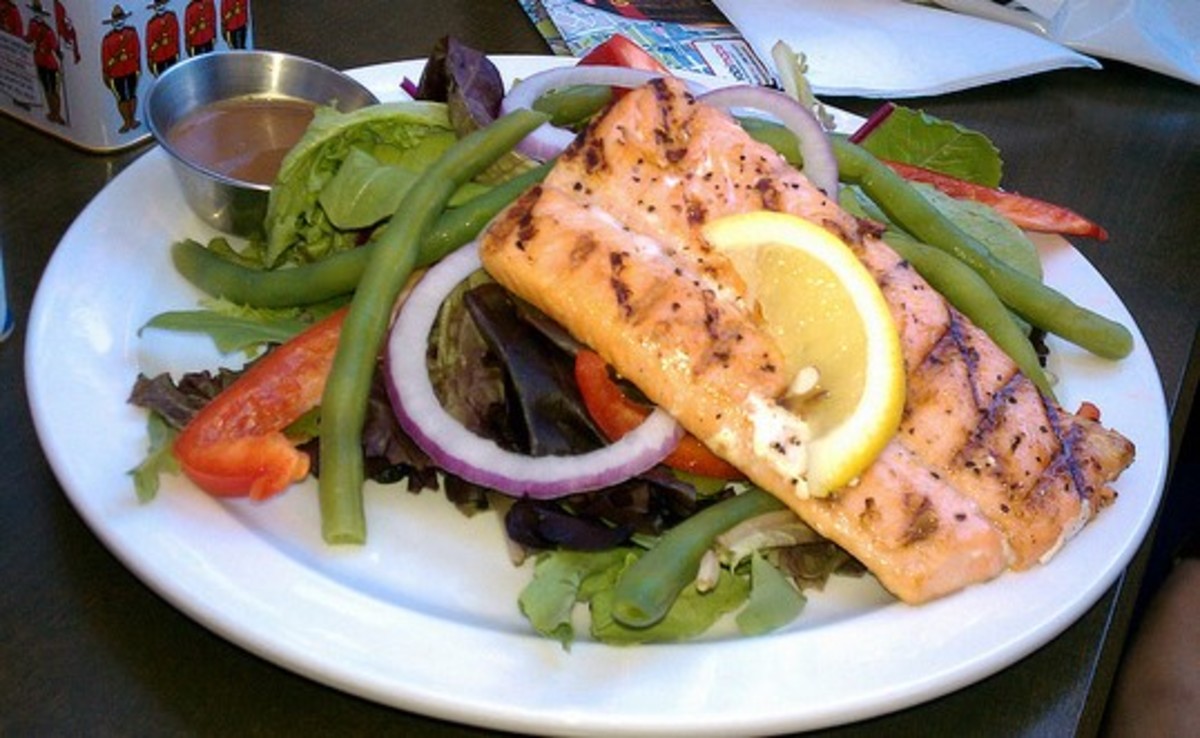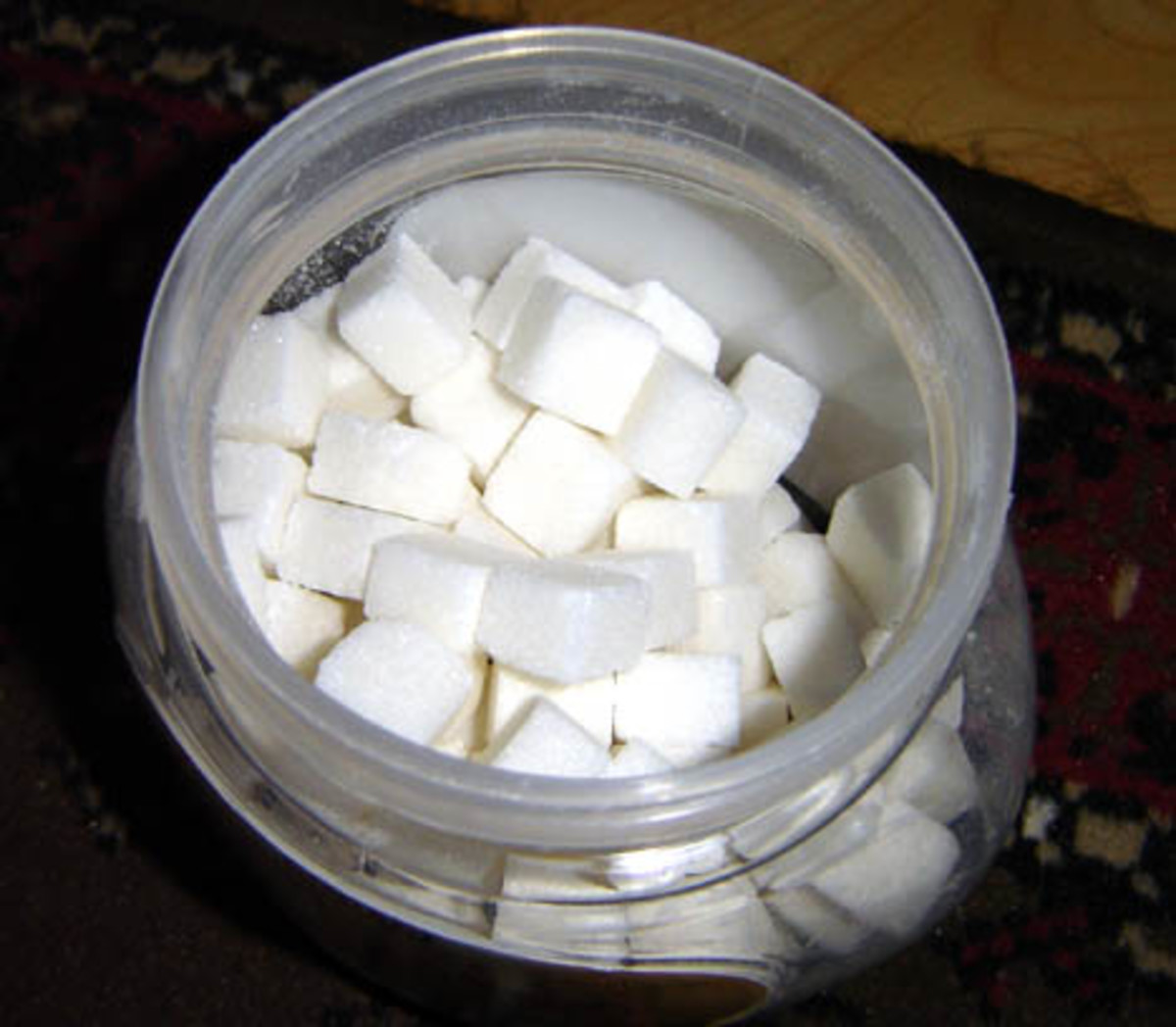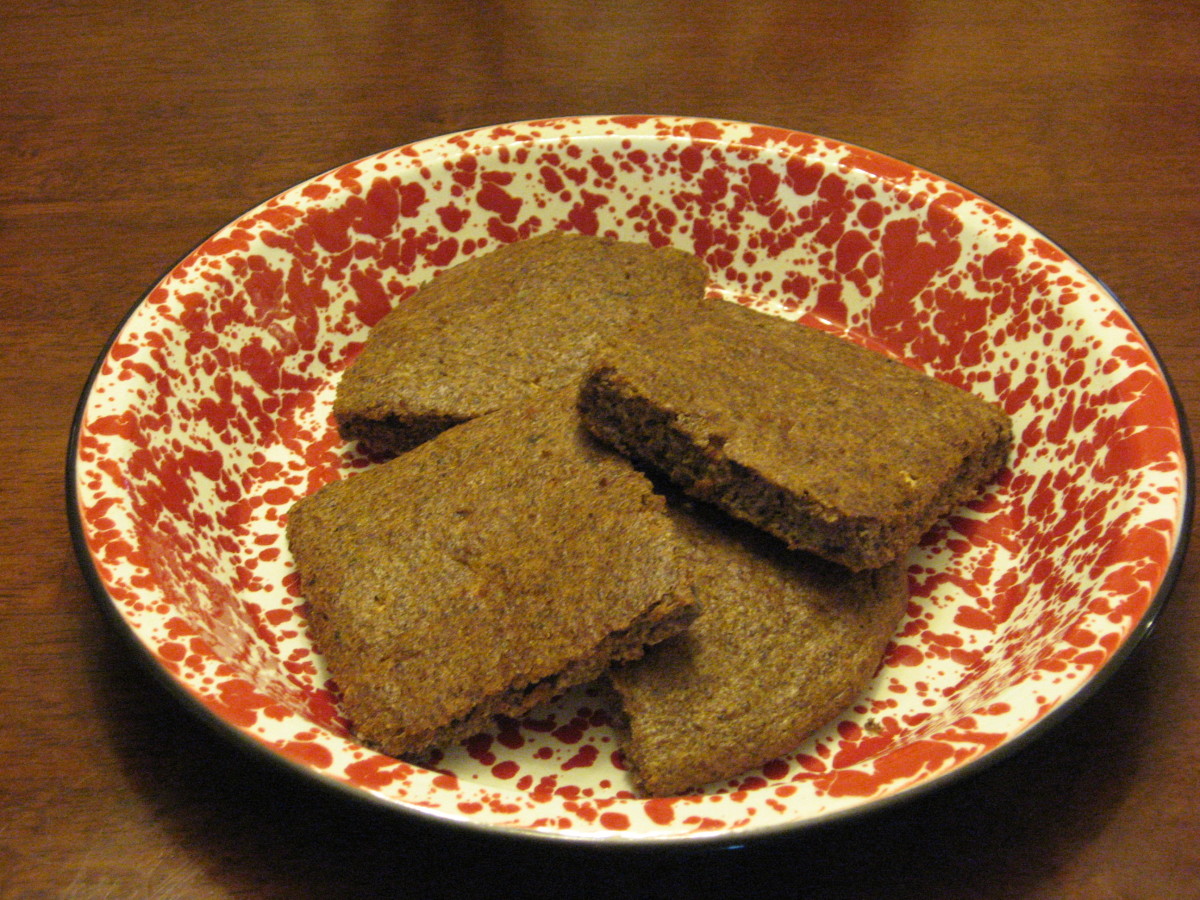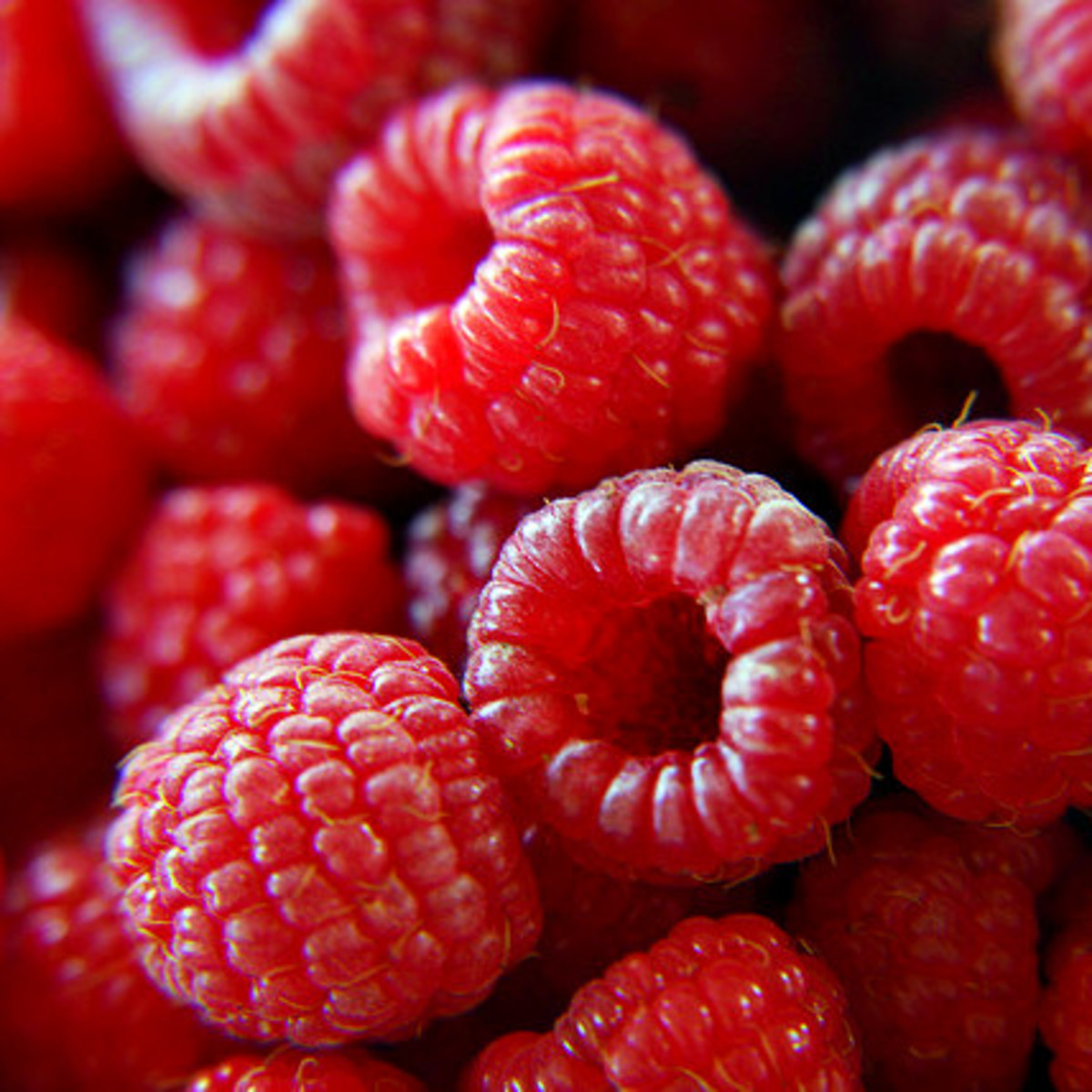Why is Sugar Bad for You?
About the Author
Abby Campbell, BSc, SFN, SSN, CPT, is a leading professional fitness and nutrition expert, researcher, and published author of One Size Does NOT Fit All Diet Plan, one of Amazon's Top Gluten-Free and Weight Loss Diets. (You may read more about Abby at the bottom of this article.)

Are you concerned with your sugar intake? Do you have any of the following symptoms?
- Dry mouth and thirst
- Increased appetite or cravings
- Frequent urination (even in the middle of the night)
- Blurry vision
- Itchy, dry skin
- Fatigue or feeling drowsy (even after several hours of rest)
- Dizziness, especially upon standing
- Weight issues
If you've said 'yes' to several of the symptoms above and a highly processed diet is part of your daily regimen, then you may have dangerous blood sugar levels. Follow along to find out the dangers of sugar, the sugar content of common foods, the type and daily recommended sugar grams, when sugar is best eaten and handled by the body, as well as the best natural sweetener to use (if you have a sweet tooth).
Carbohydrates - Any of a large class of organic compounds consisting of carbon, hydrogen, and oxygen, usually with twice as many hydrogen atoms as carbon or oxygen atoms. Carbohydrates are produced in green plants by photosynthesis and serve as a major energy source in animal and human diets. Sugars, starches, and cellulose are all carbohydrates.
Insulin - Protein hormone released from the pancreas, necessary for the metabolism of nutrients.
Pancreas - Large gland behind the stomach that secretes digestive enzymes and the hormones insulin and glucagon.
Diabetes - Any of several metabolic disorders marked by excessive discharge of urine and persistent thirst, especially one of the two types of diabetes mellitus.
Dangers of Sugar
Chronic high sugar intake reduces your body's ability to handle carbohydrates which in turn reduces insulin sensitivity while increasing insulin response to food. Due to the chronic high insulin levels, excess body fat is gained, especially around the abdominal and upper back areas. For men, this is known as 'love handles.' For women, the 'apron' and 'muffin top' are referred to. Poor carbohydrate tolerance leads to borderline or full-blown diabetes.
High sugar levels in the blood can cause the binding of sugar molecules to blood proteins, otherwise known as 'glycation.' Decreased biological activity of proteins are caused by glycation and are known to be linked to the following diseases:
- Cancer
- Vascular disease
- Kidney disease
- Arthritis
- Vision impairment (i.e., cataracts, retinopathy)
- Erectile dysfunction
- Premature aging
The Sugar Label
The white powdery substance that we call 'sugar' comes in two different forms. They are (1) naturally occurring and (2) added. Naturally occurring sugars come in fruit (fructose) and dairy (lactose). Added sugars are usually made into syrups and put into pre-packaged foods or added to foods. Major sources of added sugar are sodas, fruit drinks, candy, cookies, cakes, donuts, and cereals. Some dairy products also have added sugars; these include milk, yogurt, and ice cream. The American Heart Association recommends a limit on added sugars per day:
- Children - 16 grams per day (64 calories)
- Women - 25 grams per day (100 calories)
- Men - 37.5 grams per day (150 calories)
You may find how many added sugars are in your foods by reading the Nutrition Facts label on each product. You may also look at the list of ingredients as sugar has many other names that you may not be familiar with:
"sucrose, fructose, glucose, maltose, dextrose, maltodextrin, hydrolyzed starch, invert sugar, corn syrup, corn sweetener, honey, can sugar, sugar beets, high fructose corn sweetener, maple sugar, molasses, evaporated cane juice, raw sugar, syrup, fruit juice"
Foods containing less than five (5) grams of sugar per 100 grams of food are considered 'low sugar.' However, the closer to zero (0) grams of sugar, the better. Manufacturers add sugar to many foods you may never expect such as frozen fruit, salad dressings, condiments, yogurts, bread, and more.
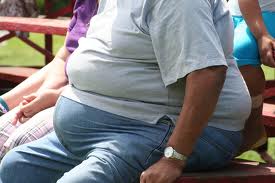
Sugar Content in Common Foods
One teaspoon of sugar equates to about 6.25 grams and 25 calories. Compare the following common foods to sugar content:
Common Food
| Teaspoon(s)
| Sugar Grams
| Sugar Calories
|
|---|---|---|---|
2 slices of white bread
| 3
| 18.75
| 75
|
1 serving of cereal
| 4-5
| 25 - 31.25
| 100 - 125
|
1 bagel
| 4-5
| 25 - 31.25
| 100 - 125
|
1/2 cup dried fruit
| 4
| 25
| 100
|
1/2 cup fruit juice (4 oz.)
| 3-4
| 18.75 - 25
| 75 - 100
|
1 can soda (12 oz.)
| 9
| 56.25
| 225
|
1 cup chocolate milk (8 oz.)
| 6
| 37.5
| 150
|
1 bowl of ice cream (8 oz.)
| 23
| 92
| 368
|
Typical Sugar Intake for One Day
Following is a daily menu plan for a typical North American. See the sugar intake information below. Please notice the typical sugar intake with what is recommended by the American Heart Association.
Meal
| Teaspoons
| Sugar Grams
| Sugar Calories
|
|---|---|---|---|
Breakfast:1.5 cups cereal, 1 cup milk, 1 cup orange juice,
| 10
| 62.5
| 250
|
Mid-Morning Snack: 2 toaster pastries and 1 soda (12 oz. can)
| 15
| 93.75
| 375
|
Lunch: 1 sandwich, 1 granola bar, 1 cup of apple juice
| 7
| 43.75
| 175
|
Mid-Afternoon Snack: 1 applesauce serving and 1 small Gatorade
| 7
| 43.75
| 175
|
Dinner: pork chops, 1 baked potato, 1 salad with dressing, and 2 cookies
| 6
| 37.5
| 150
|
TOTAL
| 45
| 281.25
| 1,125
|
POLL
Are you concerned with your sugar intake?
The Best Time to Include Sugar in Your Diet
Sugars are handled by the body much differently during and immediately after exercise than other times of the day. Carbohydrate tolerance is much improved and therefore foods containing sugars are recommended to be eaten during this time (if needed). However, if your goal is to lose weight, it's best to limit sugar as much as possible even during workout times.

Best Natural Sweetener
You may have heard of a very low calorie, natural sweetener called 'Stevia.' This natural substance is derived from the Stevia plant in South America and was used in Paraguay for centuries. Even Japan has been using Stevia for decades. It is now available in the United States as a nutritional supplement and sweetener.
There has been some controversy on the safety of Stevia; however, international scientists associated with the World Health Organization have agreed that certain forms of Stevia sweeteners are safe. These include the brands Truvia, Merisant, and Pure Via.
Stevia is a very potent sweetener and little is needed to sweeten foods and beverages. If too much is used, it can have a bitter aftertaste. You may want to experiment with different brands to find which you like best.
Get Abby's Book Today!
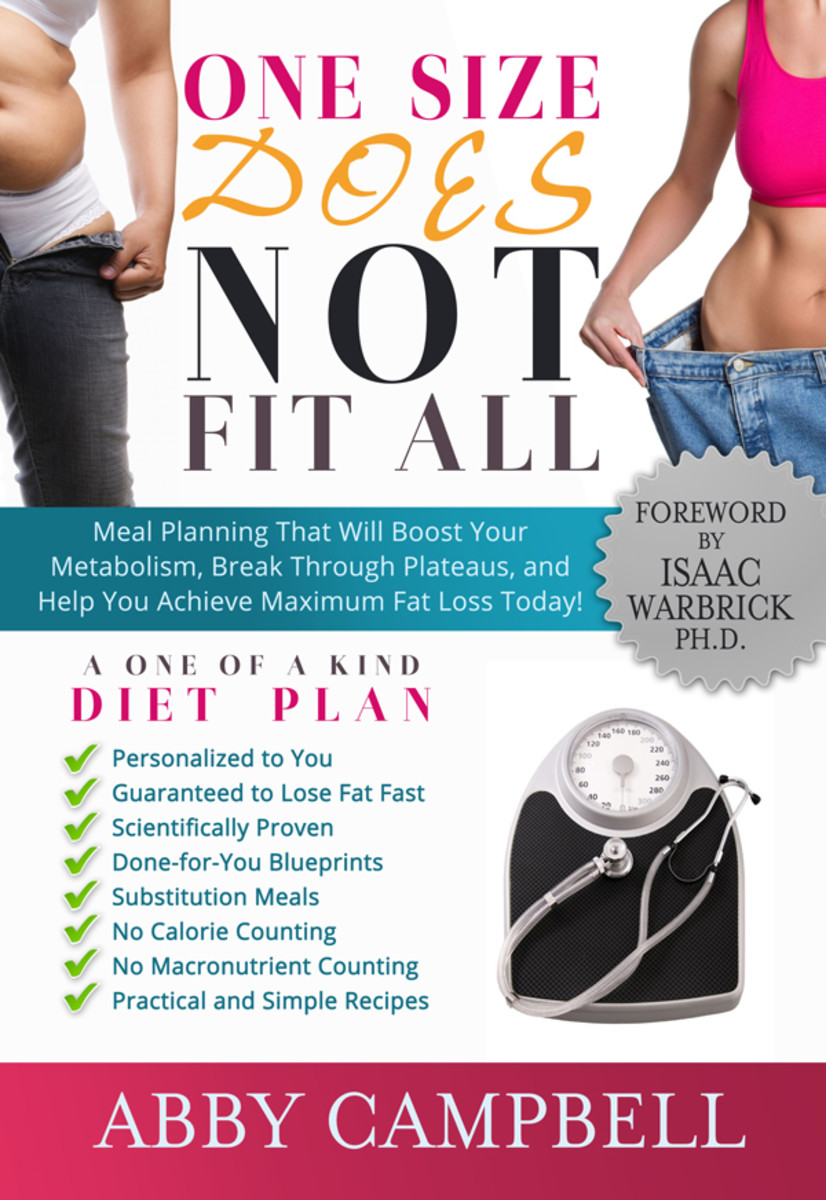
Conclusion
You may have heard of sugar being referred to as 'the other white drug.' It mimics cocaine as it is a white powdery substance. However, it does have similar affects in addiction as well. Too much sugar not only causes dangerous blood sugar levels, but it affects certain hormones in the brain that cause cravings for more.
So, is sugar bad for you? It can be if its intake is not controlled. Your best bet is to avoid added sugar as much as possible and to use Stevia, the best natural sweetener, as its replacement for when you want a little extra sweetness. Or, you can add sugar around workouts as your body can process it much easier during these times.

Tell Us What You Think
You're reading "Why is Sugar Bad for You?" by Abby Campbell. Please leave a comment and tell us what you think below. Then share the article with your family and friends. You may even share on Facebook, Twitter, or Pinterest (buttons to your right).


About the author
Abby Campbell, BSc, SFN, SSN, CPT, is a leading professional fitness and nutrition expert, researcher, and published author. For the past 10 years, she has coached thousands of women locally and online to lose body fat and lead healthy lifestyles. Her clients have lost thousands of pounds, reclaimed health, and call her “Coach No Gimmick.” She is from Northern Virginia but now resides near Charlotte, North Carolina. Abby has been married for 20 years and has three grown daughters, one of which is autistic. She is a 19 year cancer survivor.
Enjoy more of Abby's hubs!
- How to Eat a Good Diet
Eating a good diet will boost your metabolism and even help you overcome a weight loss plateau if needed. Learn how to plan a good diet, whether it be for maintenance or weight loss. - How to Create a Diet Plan with Food You Actually Lik...
Most maintenance or weight loss plans are a one-size-fits-all plan. Learn how you can create a diet plan with food you actually like that will actually boost your metabolism and be fun to plan.


